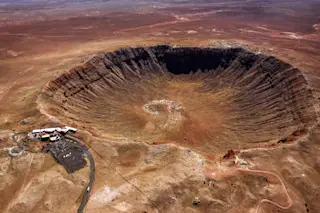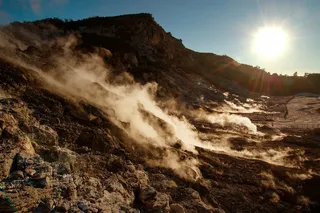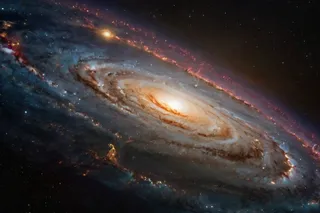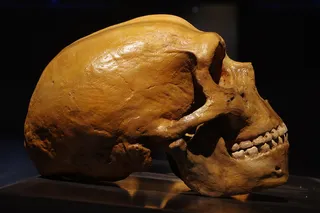The affects of a meteorite’s impact should not be underestimated. The discovery of the world’s oldest known crater caused by a meteorite could change how we think about the origins of life on Earth as well as how the planet was shaped.
A team of Curtin University researchers found the crater while investigating rock layers in the North Pole Dome in western Australia. There they found signs that a major meteorite impact affected the area 3.5 billion years ago, the team reported in the journal Nature Communications.
The discovery, which is over a billion years older than the previously known similarly created crater, could challenge previous assumptions about our planet’s ancient history.
“This is by far the oldest known crater ever found on Earth,” Tim Johnson, a member of the Curtin team and an author of the study, said in a press release.
What gave them a clue that a ...














